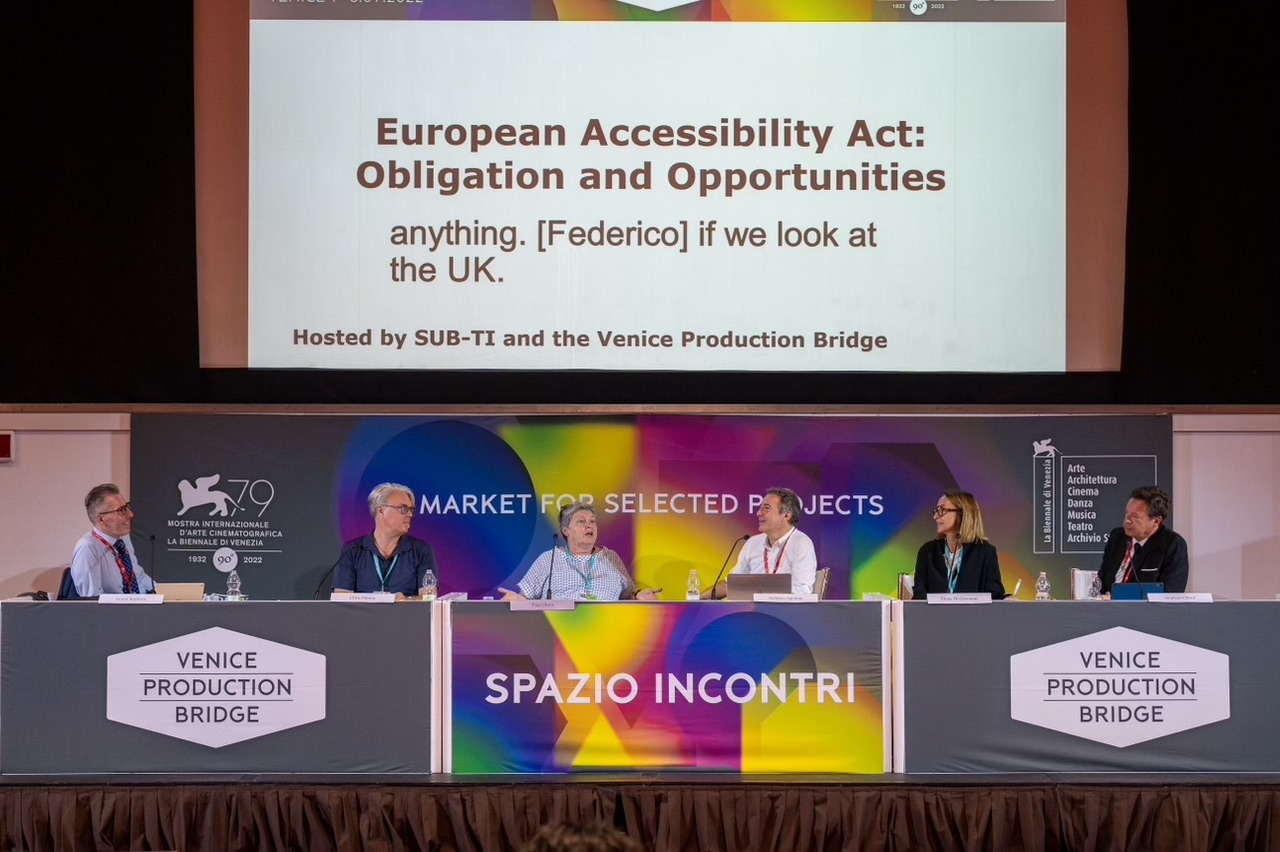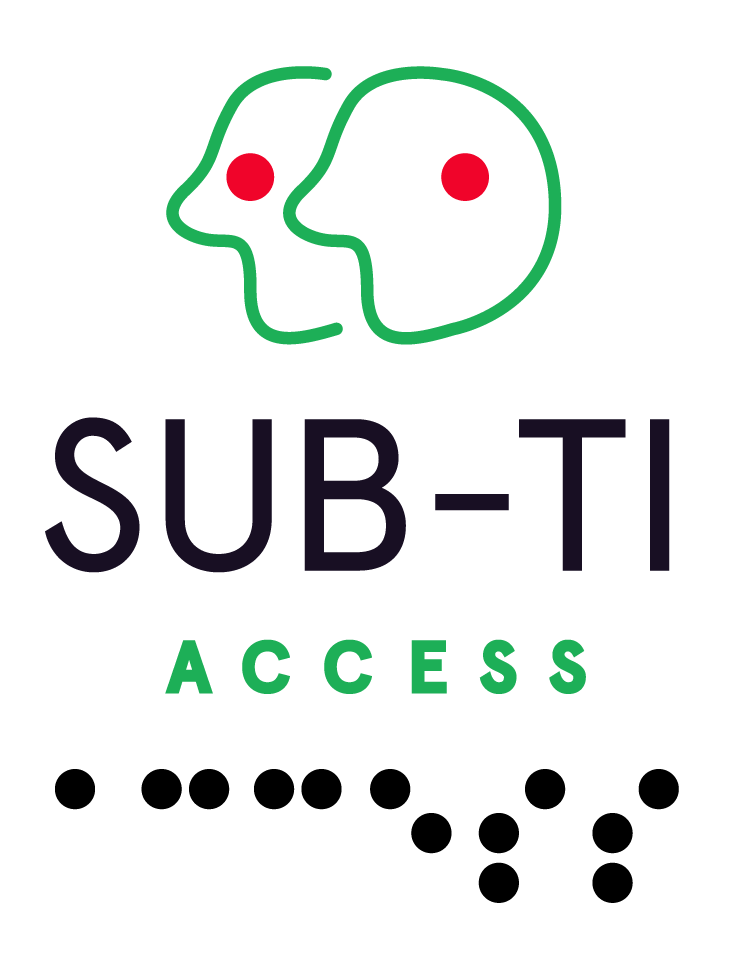
05 Sep SUB-TI at the 79th Venice Film Festival
Two international panels with top international experts
in collaboration with Venice Production Bridge.
SUB-TI, the UK-based company leader in top film festival subtitling, together with its sister company SUB-TI ACCESS, organized two international panels with experts during the Venice Film Festival.
The panels focused on accessibility in the light of the transposition by all European countries of the new European directive on accessibility (European Accessibility Act).
The events as part of the Venice Production Bridge took place on 4 September at the Immersive Island (Isola del Lazzaretto Vecchio) from 11.30 a.m. to 1 p.m. and at the Spazio Incontri of the Hotel Excelsior from 4.30 p.m. to 6 p.m.
The first panel, by the title Subtitling of Immersive Media Content, was composed of highly regarded academics and international researchers, as well as the EMEA head for accessibility and disability inclusion at Google. It was organized by SUB-TI in collaboration with MediaVerse and TRACTION, two European projects that focused on identifying the best ways to enjoy immersive content. The results of the projects have been shown with practical demonstrations. Moderators were Federico Spoletti (CEO, SUB-TI, UK) and Pilar Orero (Professor, Universitat Autònoma de Barcelona, Spain).
The second panel, European Accessibility Act: Obligations and Opportunities, dealt with the new European accessibility legislation, with specific references to audiovisual contents. The event was organized by SUB-TI in collaboration with Venice Production Bridge and it was conceived to raise awareness within the film industry on new laws aimed at creating consistency in the European market so that all products and services, including audio visual content, can also be enjoyed by people with visual and hearing disabilities. At the same time, the audio-visual industry will be able to target an international market governed by common rules, while at present norms and regulations are still somewhat different between countries.
Speakers included Italian and foreign industry experts and representatives of institutions, who discussed the international scenario, the Italian scenario and the opportunities that the new law will offer, opening up an entire new audience segment that still remains highly neglected in Italy.



